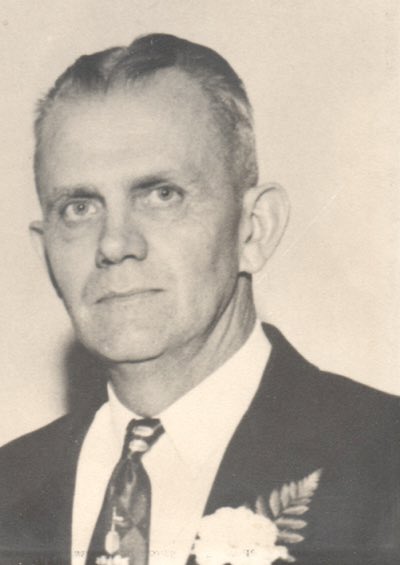A creek called Congress Lake Outlet crosses Waterloo Road about one-half mile west of Randolph and empties into Breakneck Creek. During heavy spring rains this creek overflows and floods the lowlands of Johnnycake Hollow, about 2 miles north of Waterloo Rd.
Kenny, my buddy and partner-in-crime, had a 12 foot fishing boat powered by a 3 horsepower outboard motor. On one of these flood occasions we decided to take the boat down the creek and do some exploring. We launched the boat at the Waterloo bridge and fired up the motor.
After some amount of effort getting around and over logs that had fallen across the stream we arrived at Johnnycake to find that the creek had flooded the fields of the Paulus farm. We saw that we could take the boat for a cruise through the flooded fields if we were careful not to run into the fences. The fields were not flat but rolling, and the rises caused small islands in the water. To our amazement we saw that these hummocks were black with field mice that had gathered there to keep from drowning. This sight caused our evil minds to go into high gear. We didn’t yet know how this would play out but we could see that the situation had interesting possibilities.
I was wearing a new canvas hunting jacket that had zip-up pockets, four in front and one very large one in the rear. Pulling up beside one of these little islands, we noticed that the mice were unable to escape, so we could just pick them up by their tails, one at a time, drop them into the jacket pockets and then close the zippers.
Now we had a coat full of mice just looking for a good place to cause panic!
Down the road from our access point was a gas station and small restaurant run by Frank Breyer, we called him “Pappy”. After our excursion we were hungry and decided to stop there and get a burger. I hung my jacket in an inconspicuous place in the rear of the restaurant and un-zipped the pockets. The mice were tired of being cooped up, so they poured out of the pockets like cold gravy, four abreast. We then went to the bar and ordered our burgers.
Soon there were mice running all around the floor, scaring the women and making Pappy Breyer rather uncomfortable. We tried our best to look surprised and to help catch some as they scampered around, but our hearts weren’t really in it and we missed more than we caught.
About a week later I was in Pappy’s, and saw one of the remaining field mice run under the cigarette machine. Pappy whacked it with a piece of pipe and held it up by the tail. “Look at that thing”, he exclaimed. “It’s tail is only one-inch long and it has a face like a bulldog. I have no idea what it is or where these things came from”.
I must admit that I didn’t offer much in the way of an explanation.
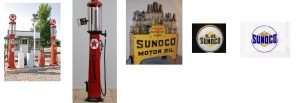

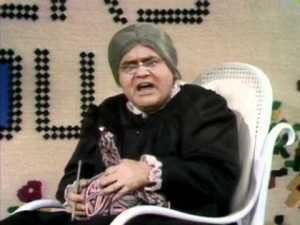
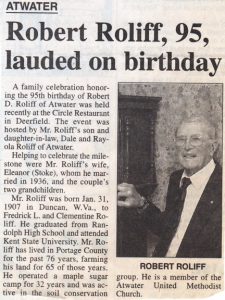
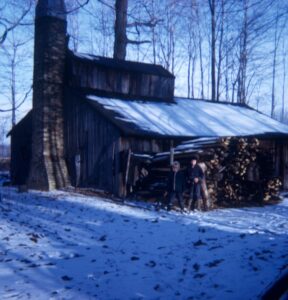
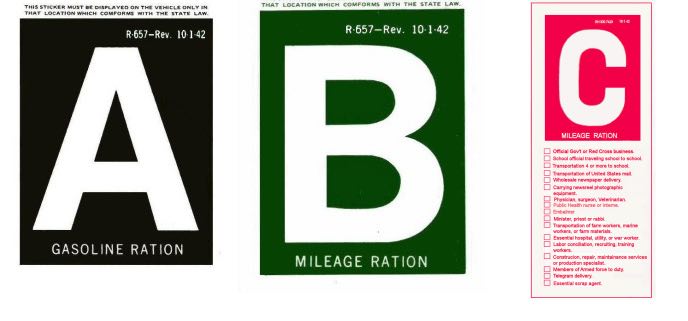

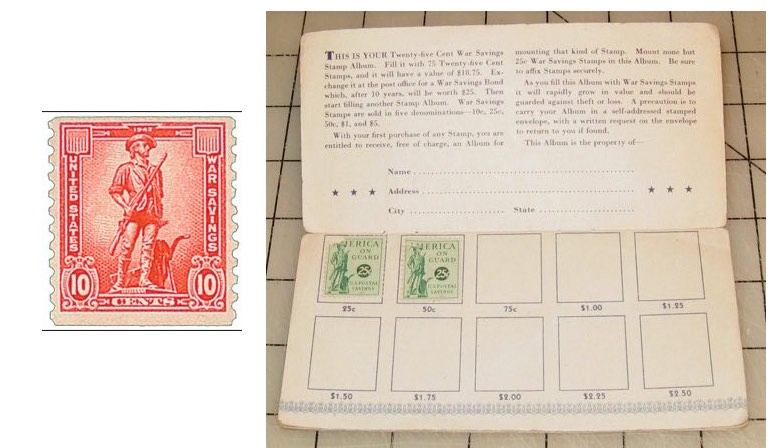
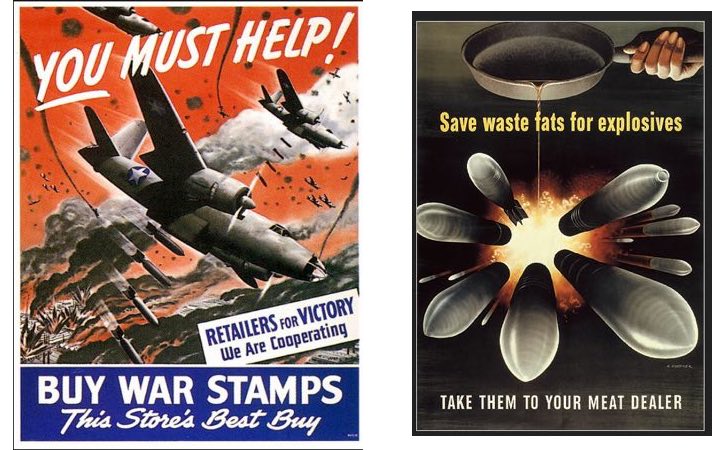
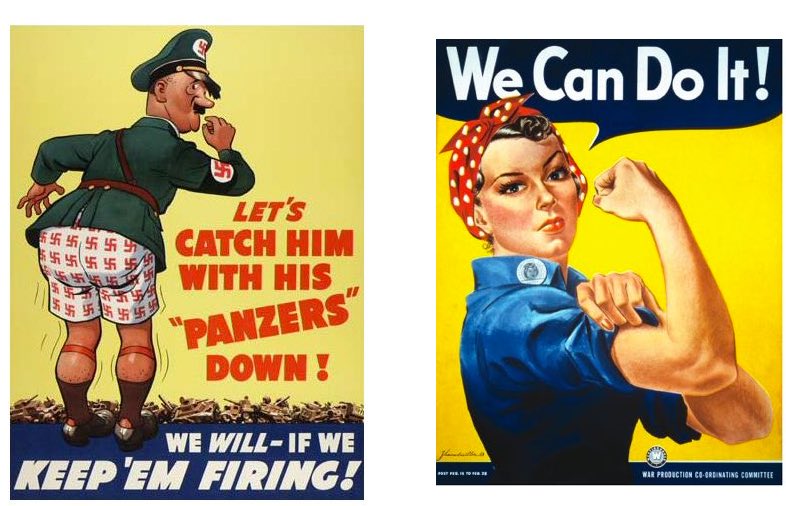
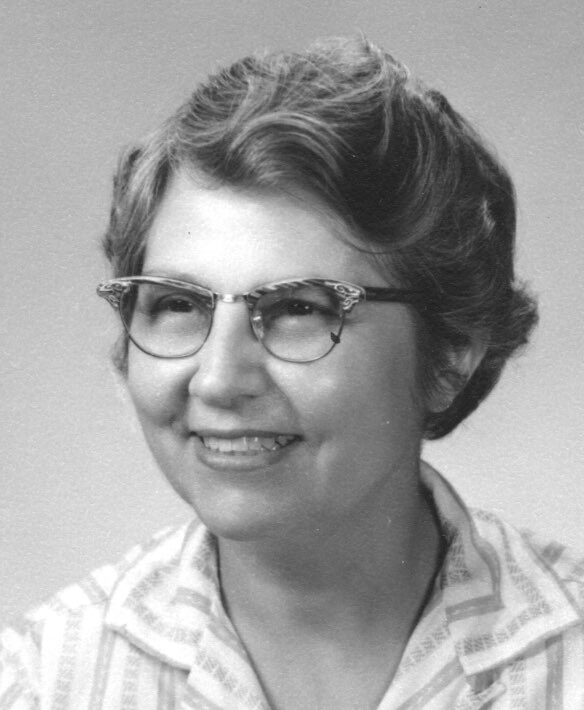

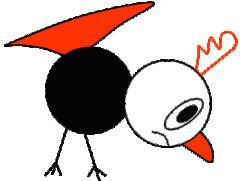
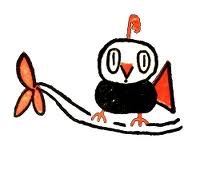 This is a watchbird watching YOU!
This is a watchbird watching YOU!
